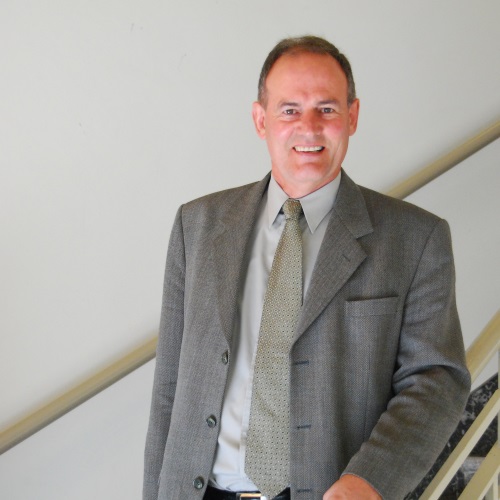01 October 2019
 They say hindsight is the best teacher and for one of Australia’s leading educators and curriculum experts, UniSA’s Professor Alan Reid, AM, the perspective on policy approaches to the Australian education system over the past 40 years, has been a bit depressing.
They say hindsight is the best teacher and for one of Australia’s leading educators and curriculum experts, UniSA’s Professor Alan Reid, AM, the perspective on policy approaches to the Australian education system over the past 40 years, has been a bit depressing.
In a penetrating new book, Changing Australian Education – how policy is taking us backwards and what can be done about it, Prof Reid shows how the marketisation of the school education system has delivered poorer results for students, widened the gap between privileged and underprivileged student cohorts and been a catalyst for quality teachers to leave the profession in droves.
Drawing from his long experience as a teacher, teacher educator and policy and curriculum researcher, Prof Reid documents the rise of managerialism, KPIs and competition in the school system, where time and resources are increasingly spent reporting to arbitrary tests and measures of attainment, rather than the real business of educating students for collaborative, flexible career futures that will favour creative, adaptable minds.
And as serious questions are now being asked about the role of NAPLAN (the national assessment plan for literacy and numeracy) where Australian results have generally stagnated, Prof Reid believes much can be done to ensure new generations of Australian children will have access to a better education.
“Educating children to be able to navigate what is one of the most rapidly changing eras in history will require more from the system than reaching targeted scores for maths, science and reading,” Prof Reid says.
“It is not that performance on these measures don’t matter at all – but they are certainly not the only thing that matters.
“Structuring an education system to deliver on these targets alone is so narrow that we are at risk of failing to prepare our children for a challenging future where the advance of AI and the revolution that is Industry 4.0, will fundamentally alter our notions of employment and careers.”
Prof Reid says innovation in education is still happening, with passionate teachers struggling to deliver more than the basics, almost despite a restrictive and competitive system that bears down on them to constantly narrow the focus to deliver on misguided KPIs.
In the book he challenges us to ask what it is we want and need from an education system – posing the fundamental question, what is the purpose of education?
Prof Reid outlines four major purposes of education - to develop each child to their fullest potential, to develop students to successfully enter the workforce, to develop them to be able to participate as citizens in a democracy and as members of social and cultural communities.
“Good test scores for reading, maths and science just don’t cut it in delivering on those goals,” Prof Reid says.
“We need children to learn how to adapt to change, how to work collaboratively, how to take learning from one discipline and apply that in different context, we need to be able to teach them to use their creative capacities to solve problems.”
In framing a new policy approach to education in Australia, Prof Reid believes it is time to re-engage with the highly skilled, knowledgeable and experienced teaching workforce.
“We have seen teachers increasingly sidelined in the debate over education,” he says.
“Where once their role was valued and respected, today the politics around educational outcomes has served to marginalise them from the education debate or vilify and disempower them.
“It is in that context research a number of research studies point to 40-50 per cent of newly qualified teachers, leave the profession within five years, something that further serves to break down school communities.”
He says increasingly the decision-makers in education have no experience in the profession and take a product-based approach to developing and marketing education.
“In an education environment where competitive yet arbitrary skills measurement is the main discourse, where the public education system is considered a safety net for people who can’t afford a private school education and where competition between schools is normalised, we are in danger of making our own children a part of a product chain,” he says.
“We need to write a new narrative for education, one that offers the best hope for new generations to deal with the kinds of environmental, economic, technological, democratic and social challenges we will face into the future.”
Changing Australian Education – how policy is taking us backwards and what can be done about it is available through Allen & Unwin.
UniSA media contact: Michèle Nardelli phone: +61 418 823 673 or +61 8 8302 0966 email: michele.nardelli@unisa.edu.au




